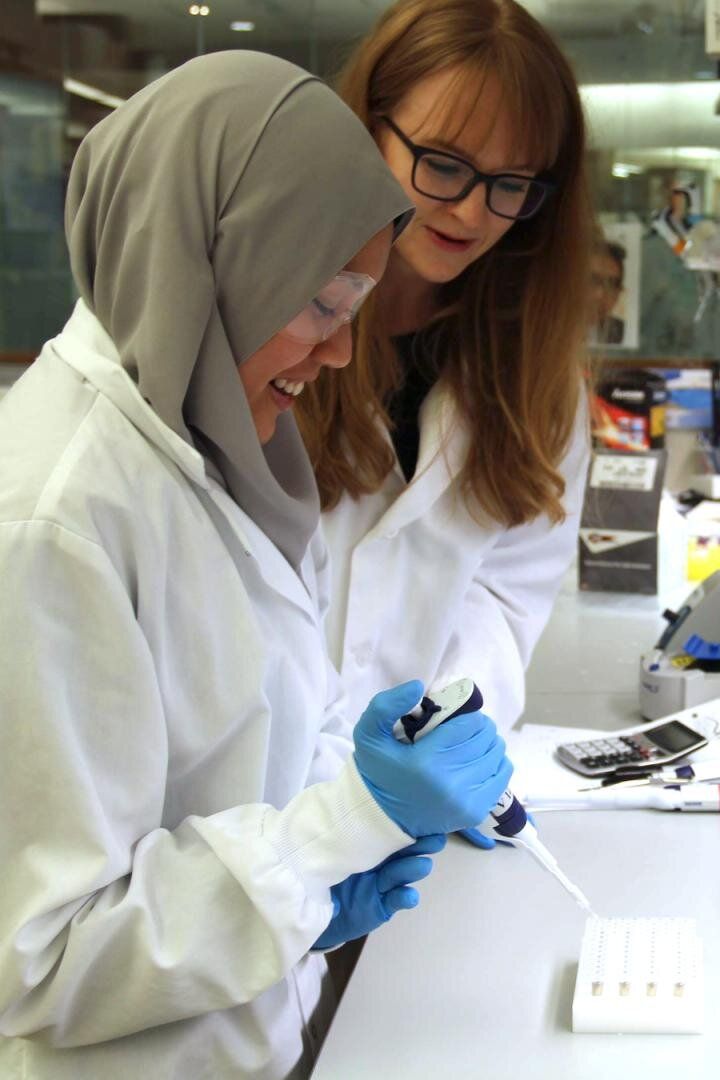Induced pluripotent stem (iPS) cells are among the most important tools in modern biomedical research, leading to new and promising possibilities in precision medicine. To create them requires transforming a cell of one type, such as skin, into something of a blank slate, so it has the potential to become virtually any other kind of cell in the body, useful for regenerative therapies for everything from heart disease to diabetes.
However, current methods to induce pluripotency are inefficient: In a batch of 100 cells slated for reprogramming, only five or so complete the transition. A new study published today in Cell Reports by a team of researchers at the University of Wisconsin-Madison’s Wisconsin Institute for Discovery (WID) and School of Medicine and Public Health could improve that efficiency.
It describes combined laboratory and computational methods that lead to better completion of pluripotency, a faster process, and improved understanding of how cells become reprogrammed from one cell type to another, for instance, transforming a skin cell to a cardiac cell. And it includes some surprises, the authors say.
